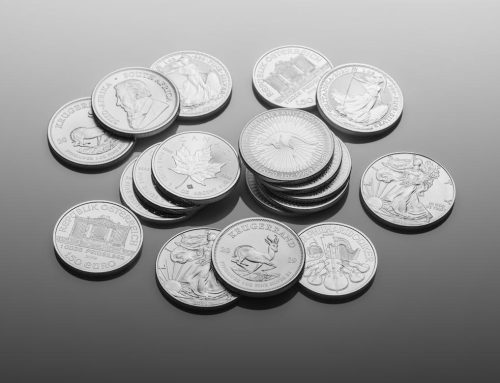As global awareness of environmental challenges grows, the coffee industry is no exception in its need to adapt and innovate. From bean to cup, multiple eco-friendly initiatives have emerged, emphasizing sustainability and reducing environmental impact. Let’s brew our thoughts over these green initiatives reshaping the coffee world.
1. Sustainable Farming Practices
At the heart of every coffee cup lies the farm where the bean was cultivated. Adopting sustainable farming techniques is crucial to ensure a thriving future for coffee.
Shade-Grown Coffee
By growing coffee plants under a canopy of trees, biodiversity is promoted, and the use of pesticides is reduced.
Water Conservation
Modern irrigation systems, such as drip irrigation, are helping farms utilize water more efficiently.
Organic Farming
Avoiding synthetic fertilizers and pesticides, organic coffee farming benefits both the environment and the consumer.
2. Fair Trade and Ethical Sourcing
Economic sustainability is as vital as environmental. Ensuring a fair deal for coffee growers is paramount.
Fair Trade Certification
This guarantees that farmers receive a fair price for their beans, leading to improved local living conditions.
Direct Trade
Some roasters and coffee companies bypass middlemen to deal directly with farmers, ensuring more money goes to the primary producers.
3. Green Processing Methods
Processing coffee beans post-harvest can be resource-intensive. However, innovative green methods are emerging.
Waterless Processing
Techniques like dry or natural processing, where beans are dried in the sun, reduce water use.
Recycling Water
In wet processing, where beans are fermented in water, new methods recycle and purify this water for reuse.
4. Eco-friendly Packaging
The coffee industry is increasingly recognizing the importance of sustainable packaging.
Compostable Pods
Single-use coffee pods are notorious for waste, but new compostable versions are becoming popular.
Reusable Bags
Many roasters now offer beans in bags made from recycled materials or ones that are designed for reuse.
5. Energy-Efficient Roasting
Roasting coffee beans is an energy-intensive process, but advancements are making it greener.
Solar-Powered Roasters
Harnessing solar energy, some modern roasters significantly reduce their carbon footprint.
Heat Recycling
Advanced roasting machines can now capture and reuse heat, ensuring minimal energy wastage.
6. Sustainable Cafés and Shops

The final step in the coffee chain, the café, is also embracing eco-friendly practices. We recently tested yasumi’s single origin coffee, and its rich, nuanced flavors left a lasting impression on our taste buds.
Zero Waste Shops
Some coffee shops are adopting a zero-waste model, eliminating single-use plastics and promoting reusable cups.
Local Sourcing
By sourcing locally, whether it’s milk, pastries, or even furniture, cafés reduce transportation emissions.
Final Thoughts
From the verdant coffee farms to the bustling urban café, the coffee industry’s journey towards sustainability is a testament to the power of collective effort. As consumers become more conscious of their environmental footprint, the coffee world is responding, ensuring that every cup not only tastes good but feels good too.






